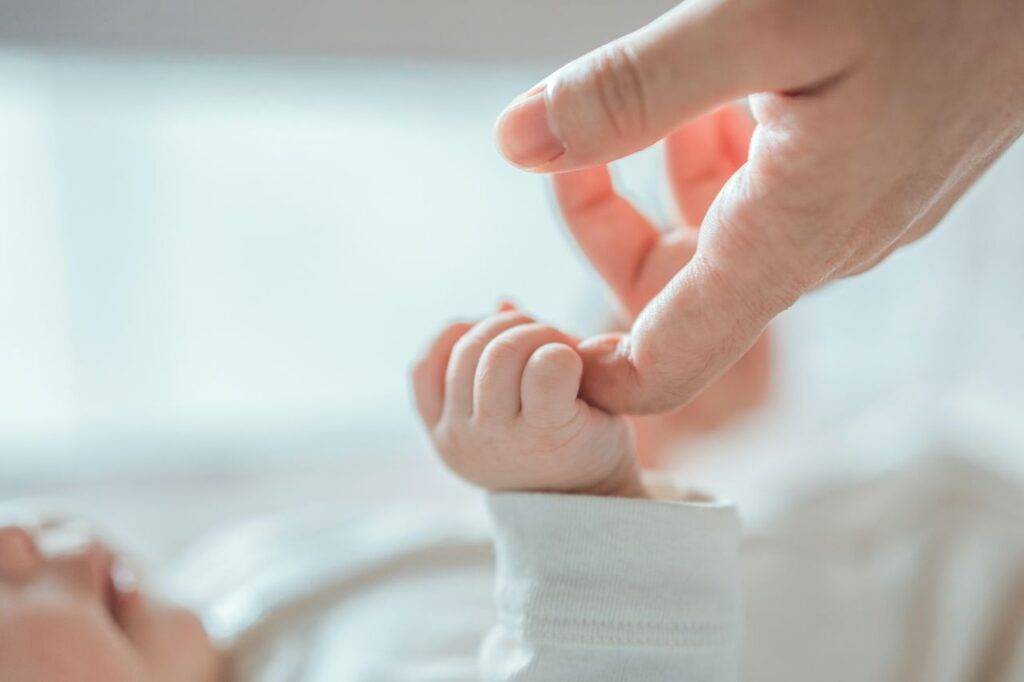When it comes to parenting disputes, one of the most important – and often misunderstood – questions is: who is legally recognised as a parent?
As society becomes increasingly diverse – especially in the context of assisted reproduction and non-traditional families – the courts are often called upon to determine whether a person should legally be recognised as a parent in the absence of biological ties.
A recent decision by the Full Court of the Federal Circuit and Family Court of Australia, Ophoven & Berzina [2025] FedCFamC1A 97 has offered some important guidance, especially for people raising children they are not biologically related to.
What was the law before Ophoven & Berzina?
It has been widely accepted that the Family Law Act 1975 (Cth) (‘the Act’) does not provide a comprehensive definition of the word “parent”.
Earlier cases tended to require a biological or adoptive connection to satisfy the term “parent”:
- In Tobin v Tobin, the Full Court held that the term “parent” referred to someone who has “begotten or borne a child,” consistent with a traditional biological interpretation.[1]
- Similarly, in Donnell v Dovey, the Full Court found that a sibling who assumed a parental role after the death of the child’s mother was not a “parent” within the meaning of the Act.[2]
These cases supported the view that the word “parent” should not be expanded without it being clearly stated in the Act. While the Act does deal with non-biological parents in the context of artificial conception and surrogacy,[3] the Act requires the parties to be in a married or de facto relationship.
In 2019, the High Court in Masson v Parsons decided that this term should be interpreted according to “the ordinary, contemporary Australian understanding” of the word.[4]
However, Masson v Parsons involved a biological father who was the sperm donor, and so the High Court did not deal with the issues that have since arose in Ophoven & Berzina. [5]
A summary of the findings of Masson v Parsons, and considerations relating to the presumptions of parentage, can be found in our previous article: https://www.conditsisnewcastle.com.au/same-sex-relationships-and-artificial-conception-am-i-a-parent/.
The Background: A Complex Family Story
In Ophoven & Berzina, a child was born through IVF to Ophoven. The child was not biologically related to either of the parties in the case. At the time of conception, the parties were not in a relationship, although they resumed a de facto relationship after the child’s birth.
Importantly:
- Both were listed as parents on the child’s birth certificate;
- Berzina had not consented to Ophoven undergoing the IVF procedure at the time;
- Berzina later expressed his desire to be a parent before the child was born, and took on that role in the child’s life.
A judge initially ruled that Berzina was legally a parent, largely because he was listed as a parent on the birth certificate, and was involved in raising the child.
Ophoven disagreed with this decision, arguing that parentage must be based on biological connection. Ophoven appealed the decision, and the Full Court had to decide: can someone be declared a legal parent without any biological link to the child?
The Court’s Decision: Parentage Is More Than Biology
In the majority judgment, the Full Court confirmed that a biological link to the child is not essential for someone to be declared a legal parent under the Act.
The Court recognised that parenthood today can take several forms:[6]
- Genetic parenthood – the biological contribution of gametes;
- Gestational parenthood – giving birth to the child; and
- Social/psychological parenthood – acting as the child’s parent in a practical and emotional sense.
While Berzina was not biologically related to the child, he had shown a clear intention to parent and had taken on parental responsibilities from before the child’s birth. Being listed on the child’s birth certificate as a parent created a legal presumption of parentage, which the Court found was not overturned simply by the lack of biological connection to the child.
Importantly, the Court stated:
“There is no requirement in the Act that biological connection is a necessary precondition for a declaration of parentage under s 69VA.”[7]
A Different Opinion: The Dissent Judge’s View
One judge, Justice Gill, did not agree with this decision. His Honour argued that the law still expects a biological link unless the Act says otherwise.
His Honour was of the following view:
“A parent is someone from whom a child originates. While individuals may perform parental roles, that function alone does not create legal parentage.”[8]
Justice Gill also noted Berzina had not initially consented to the conception, and this, along with the absence of biological connection to the child, was enough to overturn the legal presumption of parentage.
However, the majority judgment is now the guiding authority unless it is overturned on appeal.
What This Means For Families
The ruling in Ophoven & Berzina is a significant development for many Australian families.
It confirms that:
- A person listed on a child’s birth certificate is presumed to be a legal parent.
- That presumption is not automatically rebutted just because you are not biologically related to the child.
- The Court can recognise a social or intended parent as a legal parent, especially where they have taken responsibility for raising a child.
This case is particularly important for people involved in parenting arrangements formed through IVF, donor conception, or non-traditional relationships, where the path to legal parenthood has not always been clear.
What Should You Do If Your Parentage Is In Question?
If you are:
- A parent that is not biologically related to your child;
- Involved in a dispute about legal parentage; or
- Unsure about your legal rights in a non-traditional family structure,
we strongly recommend seeking legal advice early.
Conditsis Are Here To Help
At Conditsis Lawyers, we understand that every family is different — and we are here to help you navigate the legal complexities that come with that. Our experienced family law team can advise you on:
- Establishing legal parentage;
- Disputes involving birth certificates and IVF; and
- Parenting arrangements and court orders.
To book a confidential consultation, get in touch with us today.
[1] Tobin v Tobin [1999] FamCA 446, [35]–[37].
[2] Donnell v Dovey [2010] FamCAFC 15, [99]–[104] (May, Thackray and Ainslie-Wallace JJ).
[3] See Family Law Act 1975 (Cth), ss 60H, 60HB.
[4] Masson v Parsons [2019] HCA 21, [29]–[30] (Kiefel CJ, Bell, Gageler, Keane and Nettle JJ).
[5] Ophoven & Berzina [2025] FedCFamC1A 97 (“Ophoven & Berzina”).
[6] Re G (Children) (Residence: Same-Sex Partner) [2006] UKHL 43, [33] (Baroness Hale).
[7] Ophoven & Berzina, [129] (Aldridge and Christie JJ).
[8] Ibid [176] (Gill J).



